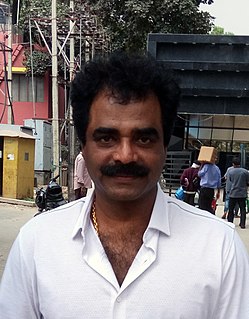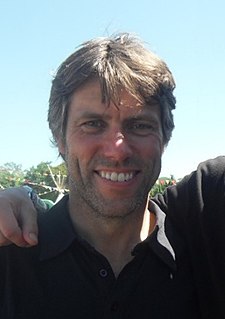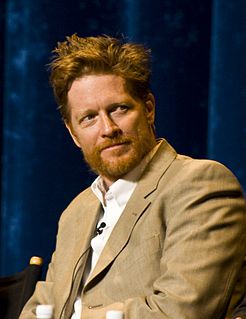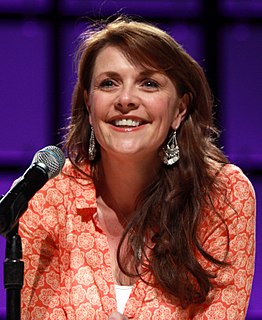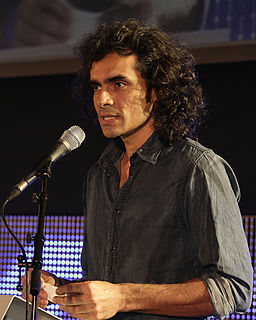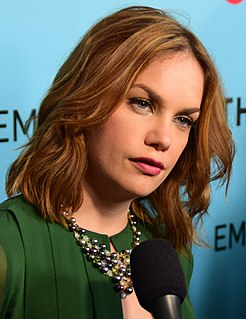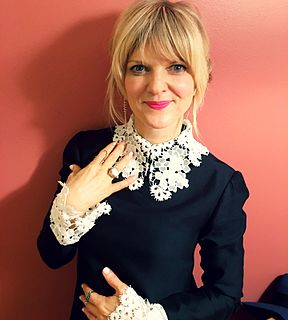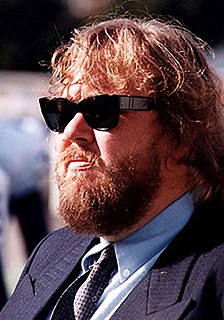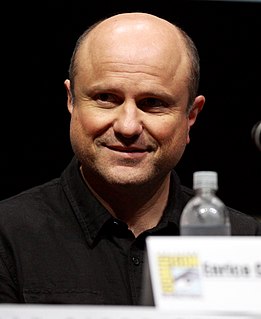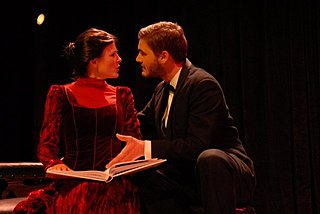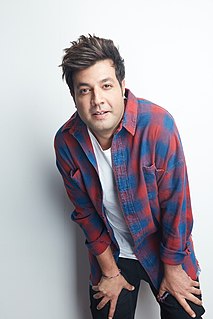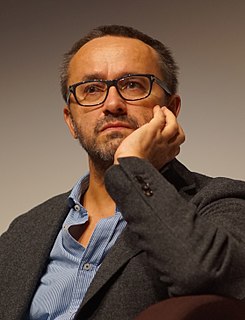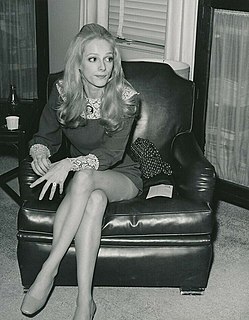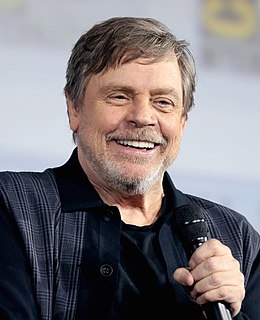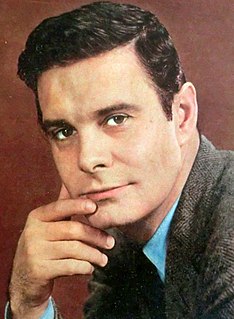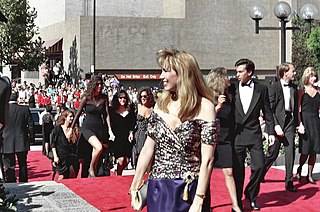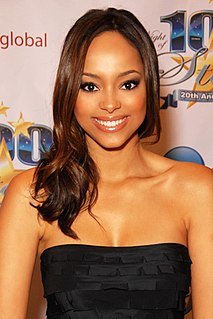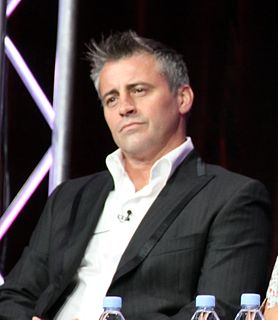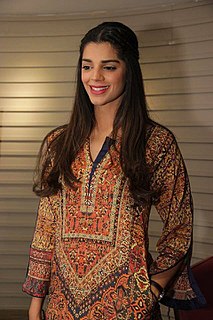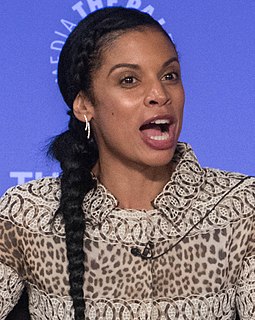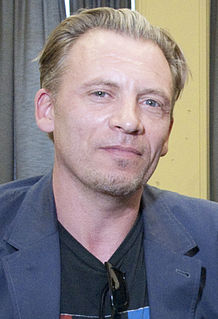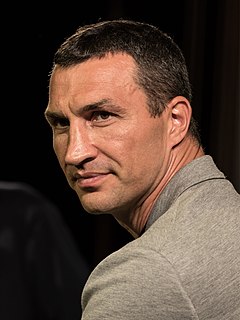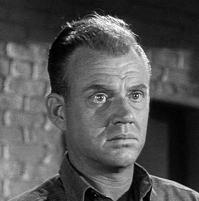Top 1200 Character Actor Quotes & Sayings - Page 5
Explore popular Character Actor quotes.
Last updated on December 5, 2024.
The "magic if" is a tool invented by Stanislavski, the father of acting craft, is to help an actor make appropriate choices. Essentially, the "magic if" refers to the answer to the question, "What would I do if I were this character in this situation?" Note that the question is not "What would I do if I were in this situation?" What you would do may be very different from what the character would do. Your job, based on your analysis of the script, the scene, and the given circumstances regarding the who of your character, is to decide what he or she would do.
But I've always felt that the less you know about an actor's personal life, the more you can get involved in the story in which he's playing a character. And I don't like to see movies where you know about everything that happens behind the scenes. I can't engage in the story if I know what's going on in the actor's head.
I really admire actors who have time, because time is really the greatest luxury for an actor to live with a character, to develop a walk and a talk, or to listen to tape if you're playing a real character. But without time you're really just forced to make quick choices and move on and hope that the spaghetti sticks against the wall.
I'm not a writer; I'm an actor. My job is to take whatever character I'm given and - especially because I have the responsibility of being a black actress, and I know young black girls are looking up, and everyone's looking to what's on television - to just try to give whatever character I'm playing as three-dimensional a portrayal as I can.
Some actors come to casting and ask me, "Didn't you see my previous roles?" We do not work with actors like this. Their previous roles do not matter; I need the actual work with an actor in this particular character that has been written in our script. What matters is flexibility, believability and efficiency of an actor.
Life as a performance is just a way to look at life choices as character choices. Every morning you choose what to wear, you choose how to wear your hair, you choose your friends, you more or less choose your profession, and how hard you will work at it. Those are all things that an actor decides about his character when he is performing, and they are things that we decide in life. We create our "character."
I think that the most important thing for me is, how is the character that I would be reading for? Is it interesting? Is there stuff to do? Are there things that you can do with the character? How can you play it out? Just those kinds of things that are very important for an actor. Also, a good director and good dialogue.
TV is longer form, and that's sometimes a positive, and sometimes a more challenging thing. As an actor, you want to be able to have your character develop or transform in some way. When you're acting on a show over the course of multiple seasons, you get to watch a character really grow and change, and go from one place to an entirely other place.
With movies, you come and go as an actor, especially if you are not the lead, from week to week. You don't really have a lot of time to get to know anyone, and then on to the next thing. I know a lot of actors who find fulfillment in playing an entirely new character. I like to stick with one character and create a family with the people around me.
I think you should identify with your character, but plenty of people like themselves and hate themselves. You just have to find out what's truthful for the person you're playing. When people talk about that, I think what they're saying is that as an actor, as Peter, you don't want to make a judgment that comes from your worldview about the character. Your judgments should be coming from the place of the character, and within that space, sure, you could love or hate yourself or whatever you think is most appropriate.
I'm so excited about 'Shattered;' it's something I've really enjoyed working in, and it's very different from anything I've done before. I've always been a character actor and done a lot of support work. I've never really been the lead actor, so I'll try and use what I've learned along the way from the other projects.

